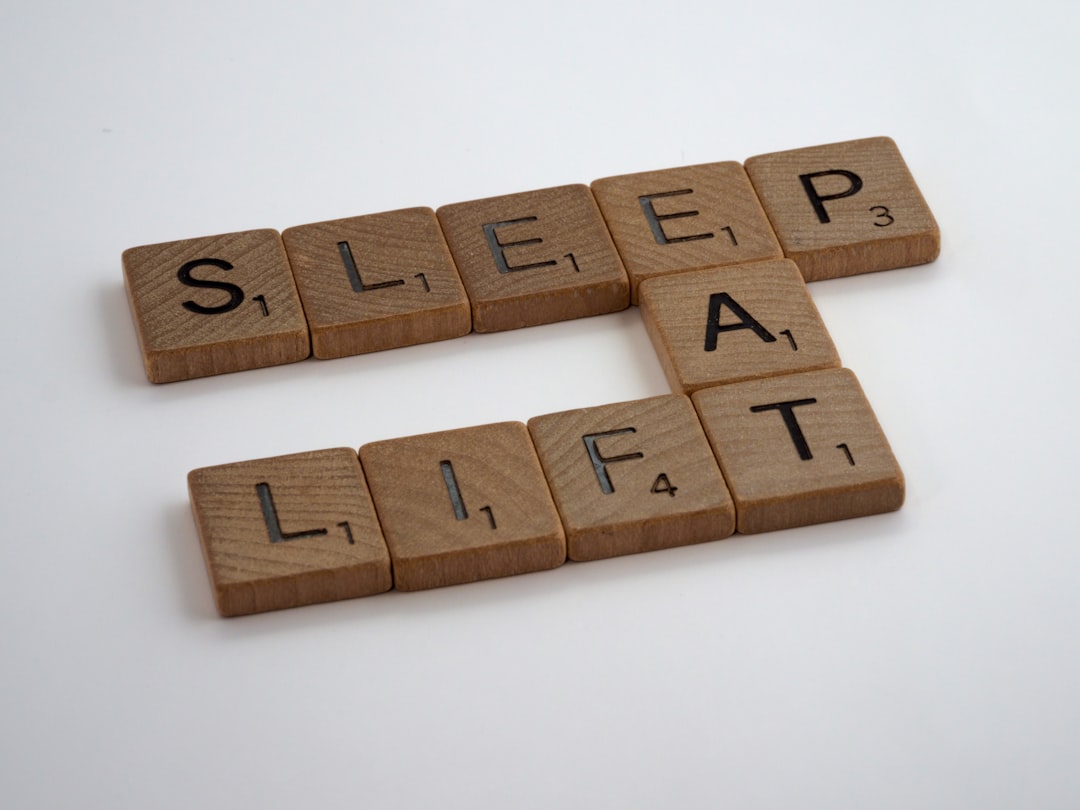Related
Essential Sleep Optimization Practices for Holistic Well-being
A comprehensive guide to understanding Essential Sleep Optimization Practices for Holistic Well-being and incorporating these practices into your...
Popular topics
03 min reading in—Sleep Optimization
Discover the secret to rejuvenating sleep with "Unlock Restful Nights: Transform Sleep with Holistic Strategies." Explore natural methodologies that embrace mindfulness, nutrition, and lifestyle adjustments to enhance your nightly rest. Dive into practical tips that harmonize your body and mind, ensuring you wake up refreshed and energized every day. Sleep better, live better.

In today's fast-paced world, the quest for a good night's sleep seems more elusive than ever. Yet, quality sleep is crucial for our mental, emotional, and physical well-being. The good news is that shifting toward a holistic approach can dramatically enhance your sleep experience. By considering the mind, body, and environment collectively, you can unlock restful nights and awake refreshed. Let's dive into some holistic strategies that can transform your sleep for the better.
Before delving into holistic strategies, it's essential to grasp the basics of sleep. Our sleep follows a cycle, cycling through five stages approximately every 90 minutes. These include four non-REM (rapid eye movement) stages followed by a REM stage. Each stage serves distinct purposes, from physical restoration during deep sleep to memory consolidation during REM sleep. Inadequate sleep can disrupt these stages, leading to various health issues.
Tip 1: Establish a Routine
One of the simplest yet most effective strategies is developing a consistent sleep schedule. Try to go to bed and wake up at the same time daily, even on weekends. This regularity reinforces your body's internal clock, making it easier to fall asleep and wake up naturally.
Tip 2: Create a Soothing Pre-Sleep Ritual
Crafting a calming bedtime routine can signal your body that it's time to wind down. Consider activities such as:
These practices can ease the transition from wakefulness to rest.
The mind and body are deeply interconnected, and nurturing this connection can play a pivotal role in promoting better sleep.
Engaging in mindfulness and meditation can greatly reduce stress, a notorious sleep disruptor. According to studies, people who practice mindfulness experience improvements in both sleep quality and duration. Begin or end your day with a brief meditation session, focusing on your breath or a calming visualization.
Exercise, especially when done early in the day, can enhance sleep quality. Activities such as walking, tai chi, or yoga can help reduce stress and tire your body peacefully. However, avoid vigorous workouts close to bedtime, as they may be too stimulating.
Your surroundings can greatly impact your ability to get a good night's sleep.
Consider these adjustments to create a more conducive sleep environment:
Essential oils like lavender or chamomile can promote relaxation and improve sleep quality. Add a few drops to your diffuser or incorporate them into a bedtime massage routine.
What you consume can significantly influence your sleep quality.
Include these foods in your diet for their sleep-promoting properties:
Take note of foods and drinks known to hinder sleep:
Transforming your sleep is a journey, one that involves understanding and adjusting various aspects of your daily life. By applying these holistic strategies, from cultivating mindfulness to optimizing your sleep environment, you can significantly enhance both the quality and duration of your sleep. Remember, small but consistent changes can lead to powerful results. Embrace these tips and put yourself on the path to unlocking restful nights and rejuvenated mornings. Sweet dreams!
Taking a holistic approach to sleep not only improves nightly rest but also fosters overall well-being. From calming rituals to nourishing food choices, every step makes a difference. Share these strategies with a friend or family member — because everyone deserves a good night’s sleep!
Related
A comprehensive guide to understanding Essential Sleep Optimization Practices for Holistic Well-being and incorporating these practices into your...
Related
Explore transformative holistic tips to enhance your sleep quality in "Unlock Deep Sleep: Holistic Hacks for Restful Nights." Discover natural...
Related
Discover the path to rejuvenating sleep with our latest blog post, "Unlock Restful Nights: Holistic Secrets for Deep Sleep." Dive into age-old...